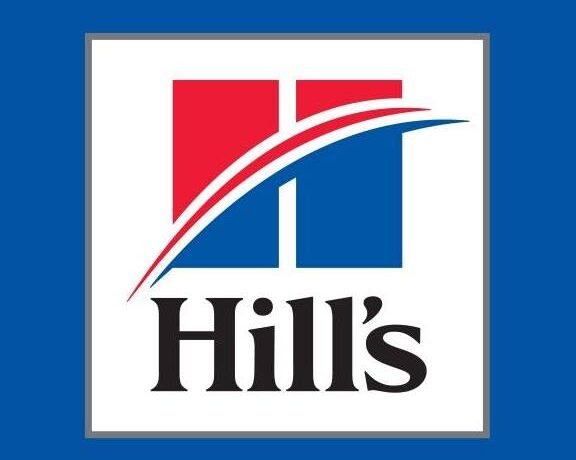Smallholdings
We have a number of smallholders registered with the practice, and are always happy to help out with veterinary care of any species. Our clients keep llamas, alpacas, pigs (Kunekunes are the most common), goats, geese, ducks, hens and bees to name a few. Some clients have rare breeds of cattle, sheep and ponies too.
Please be aware that there is a legal requirement to register with the Animal and Plant Health Agency (APHA) if you keep even small numbers of cattle, sheep, goats or pigs, and even if you consider them pets.
Pigs
The most common reasons we see pigs are to provide sedation for foot trimming and dental treatment including tusk trimming, lameness, skin conditions and traumatic wounds. Older pet pigs often suffer from obesity, and with that may develop arthritis.
Some pigs are friendly and used to people, but still noisily object to being restrained for examination! Others can can be tricky to handle for treatment, especially the larger breeds.
At Two Rivers we are happy to advise on care of pet pigs or small groups of pigs kept on smallholdings. We do not have expertise in intensive commercial pig farm work.
Goats
Goats can be susceptible to many of the parasites and diseases which affect sheep, as well as some which are specific to goats. We recommend working out a health plan with one of our vets to prevent or minimise the effects of disease.
We are also happy to help with routine management procedures such as hoofcare. Young kids of horned breeds of goats can be disbudded in order to prevent horn growth - it is essential that this is carried out, under anaesthetic, by a vet.
Poultry
Keeping backyard poultry (and domestic waterfowl) is becoming increasingly popular and a number of our team have hens and ducks at home. As long as you have fewer than 50 birds there is no requirement to register with APHA (though you will still have to abide by restrictions placed on larger flocks, for example due to bird 'flu outbreaks).
Our vets will be happy to discuss any queries you may have regarding housing, feeding and general management of your flock, including preventative healthcare. In the event of illness please don't hesitate to book an appointment to have your poorly chook seen by a vet. Many people seem embarrassed to bring a sick hen into the surgery for the first time, but we are more than happy to give them the time and care that they deserve.
Our vet David is the best person to speak to about poultry, and has also kept bees himself. Please contact the surgery to make an appointment, or email David Campbell.









